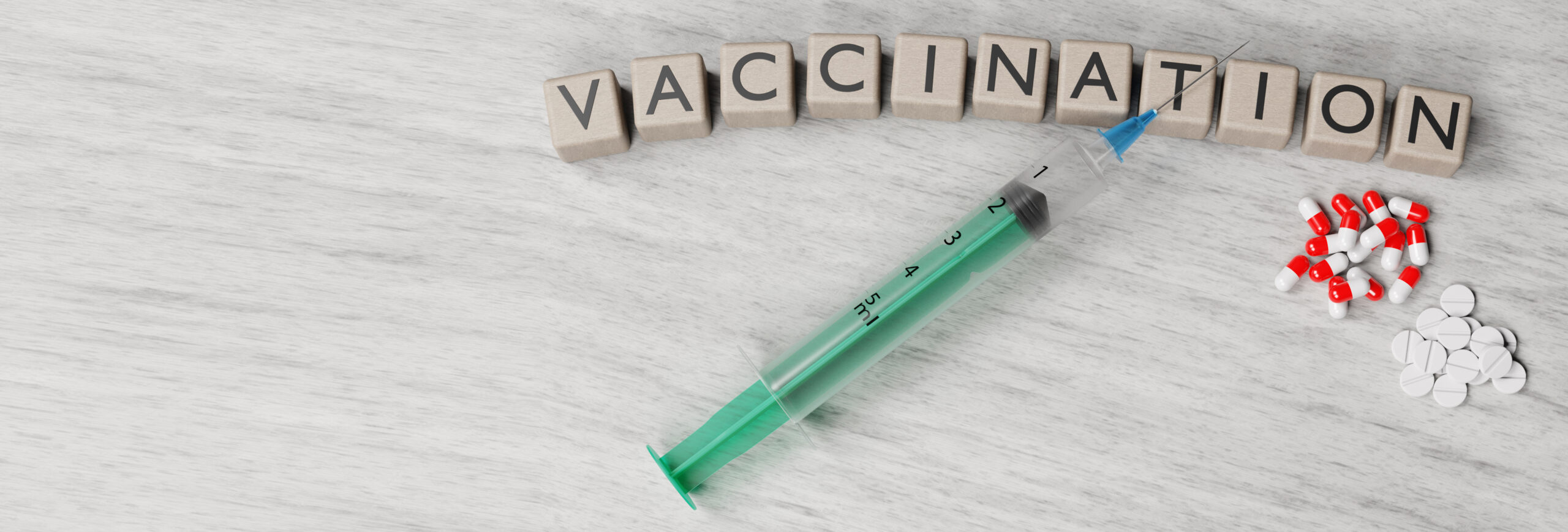Cervical Cancer and HPV Vaccine

What is the Human Papilloma Virus (HPV)?
Human Papilloma Virus is a common virus of which there are many types. Some cause no harm, whilst others cause diseases of the genital area. HPV can develop into cervical cancer, precancerous lesions or genital warts, depending upon the HPV type. HPV is the main cause of cervical cancer, although the presence of HPV alone does not cause cervical cancer.
Cervical Cancer
Cancer of the cervix is a serious disease that can be life threatening. This disease is caused by certain HPV types that can cause the cells in the lining of the cervix to change from normal to pre-cancerous lesions. If these are not treated, they can turn cancerous.
Genital Warts
Genital warts are caused by certain HPV types. They often appear as small skin-coloured growths either inside or outside of the genitals. They can itch, bleed and are often painful. These lesions are not usually precancerous, but must be treated.
Who is at risk for Human Papilloma Virus?
Any male or female, of any age, who takes part in any kind of sexual activity that involves genital contact is at risk. Many people do not show any signs or symptoms and can pass on the virus to others without knowing they have it.
HPV Vaccine
- A vaccine is now available that protects against pre-cancer (CIN) and cancer of the cervix. Human Papilloma Virus (HPV) types 16 and 18 account for 70% of such cases in the United Kingdom. The vaccine is highly effective at protecting against such conditions and immunity lasts for 5 years.
- The vaccine also protects against HPV types 6 and 11, which cause approximately 90% of visible genital warts.
- The vaccine protects against these conditions but does not treat them.
- The vaccine is licensed for young girls and women between the ages of 9 and 26.
- Injections are given in the upper arm or thigh.
- Up to 3 injections are required with an interval of 6 months between the first and last doses.
- Vaccination does not substitute for routine cervical cancer screening. Regular smear tests should still be performed.
- As with all vaccines, this vaccine may not fully protect everybody who gets the vaccine.
- The vaccine will not protect you against HPV types to which you may have already been exposed.
- The vaccine works best if given before you or your child are exposed to certain types of HPV ie HPV types 6, 11, 16 and 18.
Who should NOT receive the vaccine?
- Anyone who is allergic to any of the ingredients in the vaccine (the Consultant Gynaecologist will discuss any allergies you may have).
- Anyone who suffered an allergic reaction following the first dose of the vaccine.
- Anyone who is pregnant.
Are there any side-effects of the vaccine?
As with all vaccines, there may be some side-effects. The most commonly reported side-effects are:
- Pain, swelling and itching at the site of the injection
- Fever
- Nausea
- Dizziness
